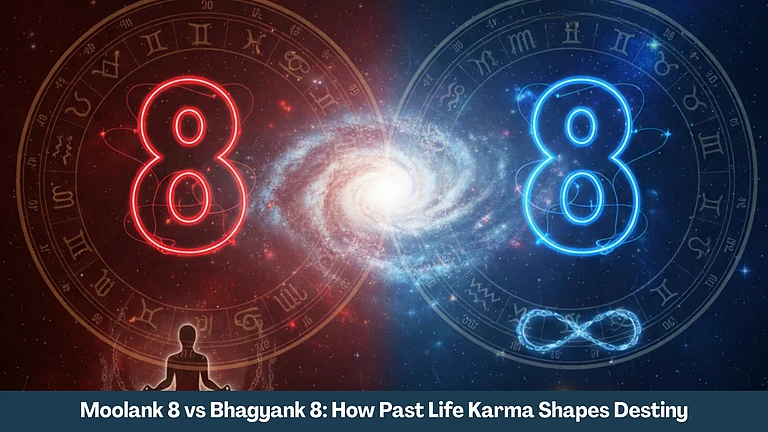A David vs. Goliath legal battle is brewing in Washington D.C., where John Cheeks, a public rights advocate, is suing the Powerball lottery after experiencing the ultimate lottery heartbreak: claiming a $340 million jackpot, only to have it snatched away due to a mistaken online posting.
On January 7th, 2023, Cheeks purchased a Powerball ticket, meticulously choosing numbers with personal significance - birthdays and special dates. Days later, while checking the D.C. Lottery website, his heart leaped. His numbers perfectly matched the displayed "winning" numbers for the January 7th drawing! Elated, he envisioned a life transformed.
However, jubilation soon turned to despair. Upon attempting to claim his prize, Cheeks was informed of a shocking truth: the displayed numbers were actually part of a pre-draw test, mistakenly published alongside the real winning numbers on the website. His ticket, despite the match, held no value.
Undeterred, Cheeks decided to fight. He filed a lawsuit against the D.C. Lottery, Taoti Enterprises (lottery marketing contractor), and the Multi-State Lottery Association, alleging breach of contract, gross negligence, and infliction of emotional distress. He seeks not only the denied $340 million, but also damages and interest, arguing that the published numbers, even with a disclaimer, constituted valid information he relied upon.
Powerball organizers counter that the test numbers were clearly marked and never intended as official results. They argue that Cheeks, a lawyer himself, should have recognized the error and emphasize the disclaimer's role. Yet, Cheeks' attorneys point to a similar case in Iowa, where incorrect Powerball numbers were published, and officials initially paid out winnings before correcting the mistake. This discrepancy fuels claims of inconsistent practices and raises questions about accountability in high-stakes lottery systems.
The upcoming court hearing holds significant weight. Its decision could impact future similar situations, influencing the legal landscape surrounding online information accuracy and responsibility within lotteries. Will Cheeks emerge victorious, securing his dream prize? Or will the court side with the Powerball giants, upholding their stance on the published numbers being an obvious error? The saga continues, highlighting the importance of clear communication, transparency, and error correction within these multi-billion dollar games of chance.























